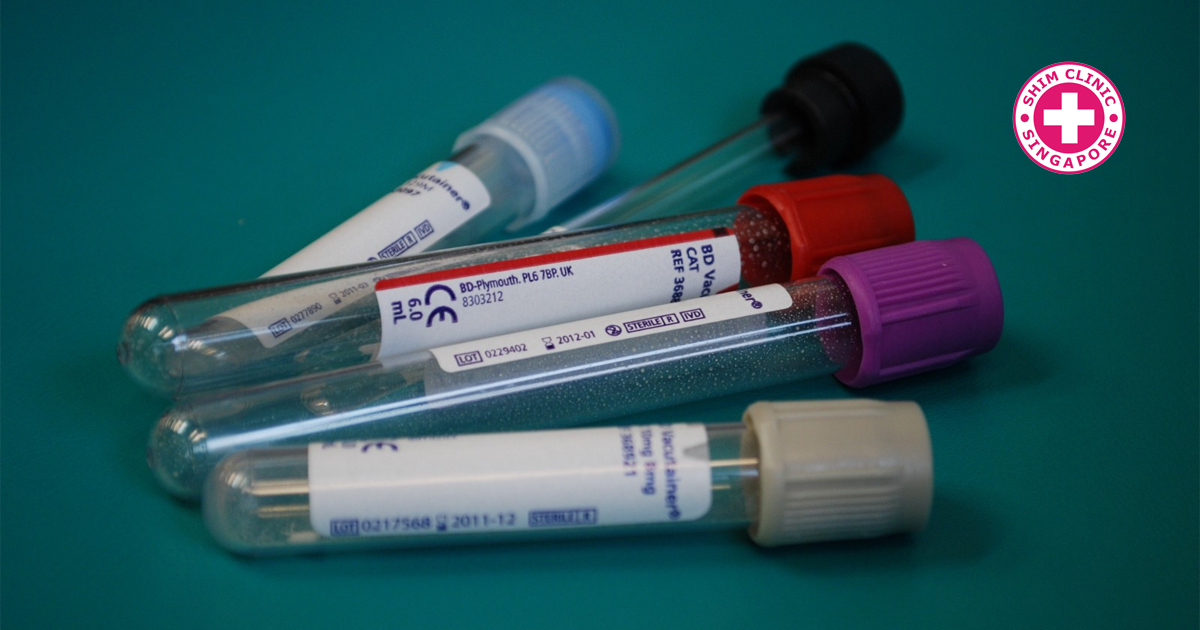Sexually Transmitted Diseases (STDs) still carry enough of a stigma to intimidate those who might need testing or treatment for this disease. One of the biggest mistakes someone can make is waiting to be tested when there’s even a slight possibility of exposure. Some STDs can be completely eradicated with little to no discomfort when caught early. There are some that are viral, and can’t necessarily be cured—but can be pushed into a dormant state. This is only possible when the testing is done early enough to allow for immediate treatment. The taboo nature of the subject has created an educational deficit for many. There are people who don’t understand the many different ways of contracting an STD, how to identify symptoms, or how to ask for help. Asking for help is often one of the most difficult steps to take, and can be made worse when they are young or embarrassed about their sexual encounters.
Waiting too long can give the STD time to do permanent damage within the body. When the symptoms become too bad to ignore, you’ve definitely waited too long to seek help from medical professionals. There are clinics that specialize in these sorts of treatments, and who strive to make you feel comfortable in the environment. Many of these doctors completely understand the trepidation some people experience when realizing they may have been exposed to an STD. They know the right questions to ask, and can offer help without judgment. One of the most important things in cases like this is education. Contrary to popular belief, not everyone has the information that they need to avoid STDs.
Abstaining from sexual contact is the only real way to completely avoid the risk of STDs. Practicing safe sex is the next best thing. If you or someone you know has questions about the different methods of protection, there are STD clinics in Singapore that can help educate you. It’s much easier to prevent an STD than it is to treat it. People who do choose to be sexually active should use more than one form of protection. It’s also a good idea to get regularly checked if multiple partners are involved. Consider these facts before making any decisions:
Do All STDs Have Symptoms?
Not every STD symptom will be obvious. In fact, there are several that have no symptoms at all at first. Gonorrhea’s symptoms are initially very mild for women, and can be overlooked or mistaken for something else. Chlamydia can also remain dormant for quite a while, allowing it to go undetected. The only way to truly know whether or not you’ve been infected with a STD is to get tested by a reliable and professional medical facility. Regular testing is a good idea after any unprotected sexual experience, and can stop the additional spread of an asymptomatic disease.
Is Testing Completely Accurate?
It’s always a good idea to get tested after any sexual encounter, but testing twice is recommended. There are some instances where people test too early, and the disease hasn’t multiplied enough to show up in the tests yet. Medical professionals suggest retesting six weeks after the first test– especially if it was done only 24-48 hours after possible exposure.
How Long Does Testing Take?
Some test results can take over 10 days depending on the type and methods used. During the waiting time, treat the situation like the tests are positive. Avoid potentially exposing other people to the disease, and it’s suggested that you refrain from sexual activity until you have the results. You have a personal responsibility to make every attempt to protect others from infection.

